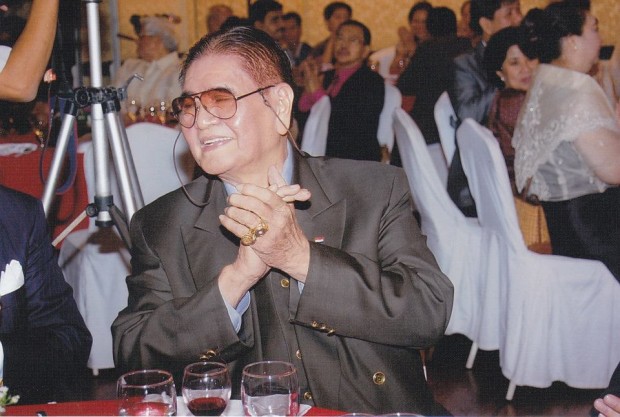CHEd execs oppose Lapuz ‘appointment’
OFFICIALS of the Commission on Higher Education (CHEd) have expressed their objections to the reported replacement of CHEd Chair Patricia Licuanan, whose fixed term does not end until 2018.
Under Republic Act No. 7722, or the Higher Education Act of 1994, the CHEd chair and four commissioners have a fixed term of four years, without prejudice to one reappointment, CHEd Deputy Executive Director Napoleon Imperial said in a statement on Friday.
He said that as far as he knew, Duterte had met Licuanan in Davao and “committed” to respect her term.
“The new president is known to the people of Davao and the public as a leader who keeps his word. He has already committed himself to respect the law that sets the fixed term of Licuanan which will end in July 2018,” Imperial claimed.
Imperial was reacting to recent reports that Duterte’s former professor at the Lyceum of the Philippines, Jose David Lapuz, had been named by the incoming president as CHEd chair. Lapuz’s appointment to the Commission was announced early this week in a blog post of Ateneo de Davao University president Fr. Joel Tabora, SJ.
Article continues after this advertisementTabora had also said Duterte may seek Licuanan’s resignation based on the Commission on Audit’s (COA) 2014 report, released in January, on the unspent P1.2-billion fund for poor students, possibly reflecting CHEd’s “internal control weaknesses” in processing and releasing allowances under its student financial assistance programs.
Article continues after this advertisementResponding to the charges, Imperial said the CHEd had already clarified that “the remaining P1.2-billion 2014 budget, which had a validity of two years, “had been fully obligated with an assurance that the beneficiaries would be paid.” He said most of the findings of the 2014 COA report “have been fully complied with.”
Imperial also suggested that Lapuz may not be qualified for the CHEd post. The Higher Education Act also states that for an individual to be appointed to the commission, he should be a holder of “earned doctorates,” he said.
Based on his profile at the Philippine Council for Foreign Relations’ website, Lapuz graduated cum laude at the University of the Philippines in 1964. He acquired his postgraduate studies in International Politics and Foreign Policy at the University of Glasgow in Scotland. It is, however, unclear if he earned a doctorate degree. Jovic Yee
